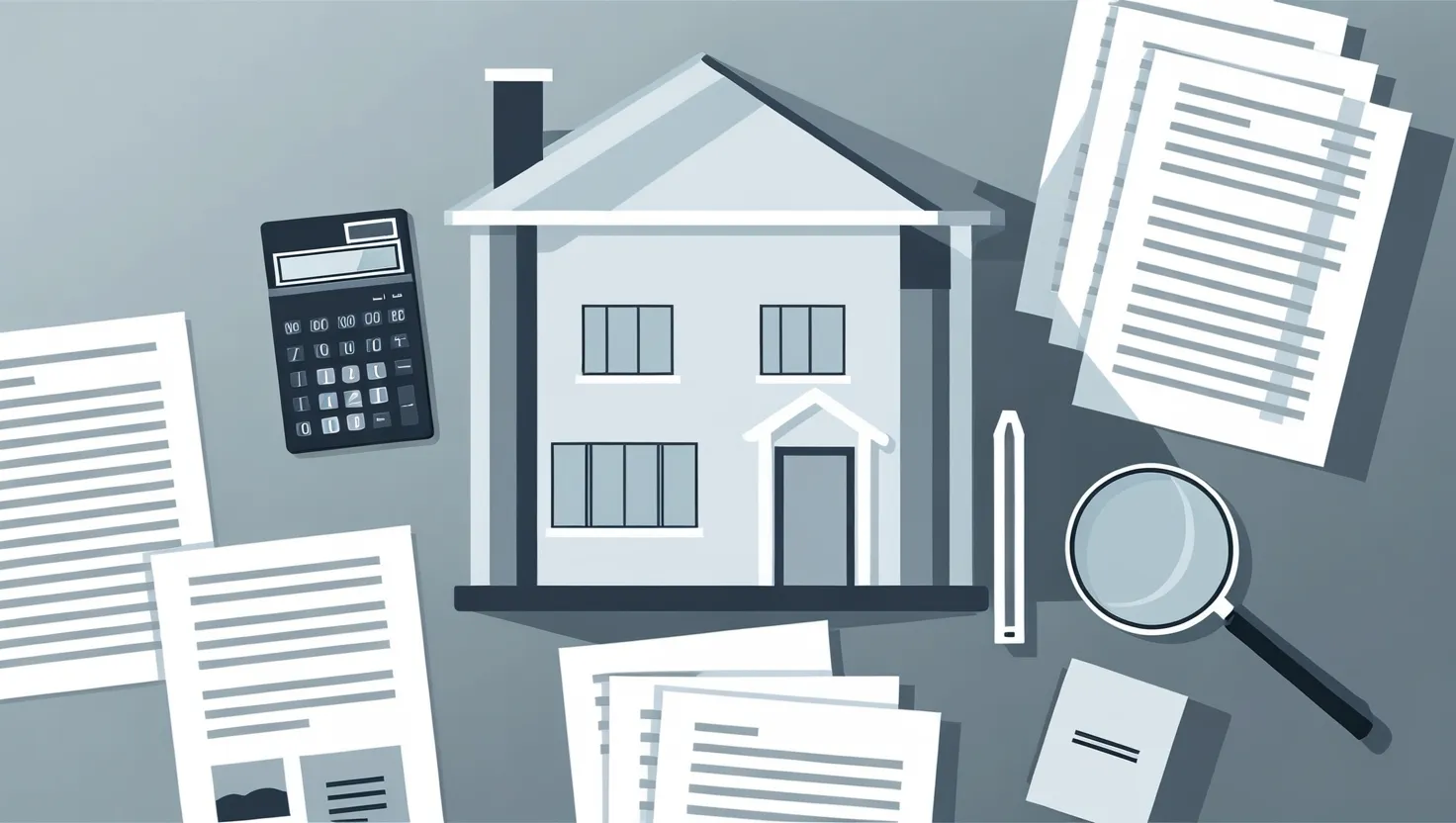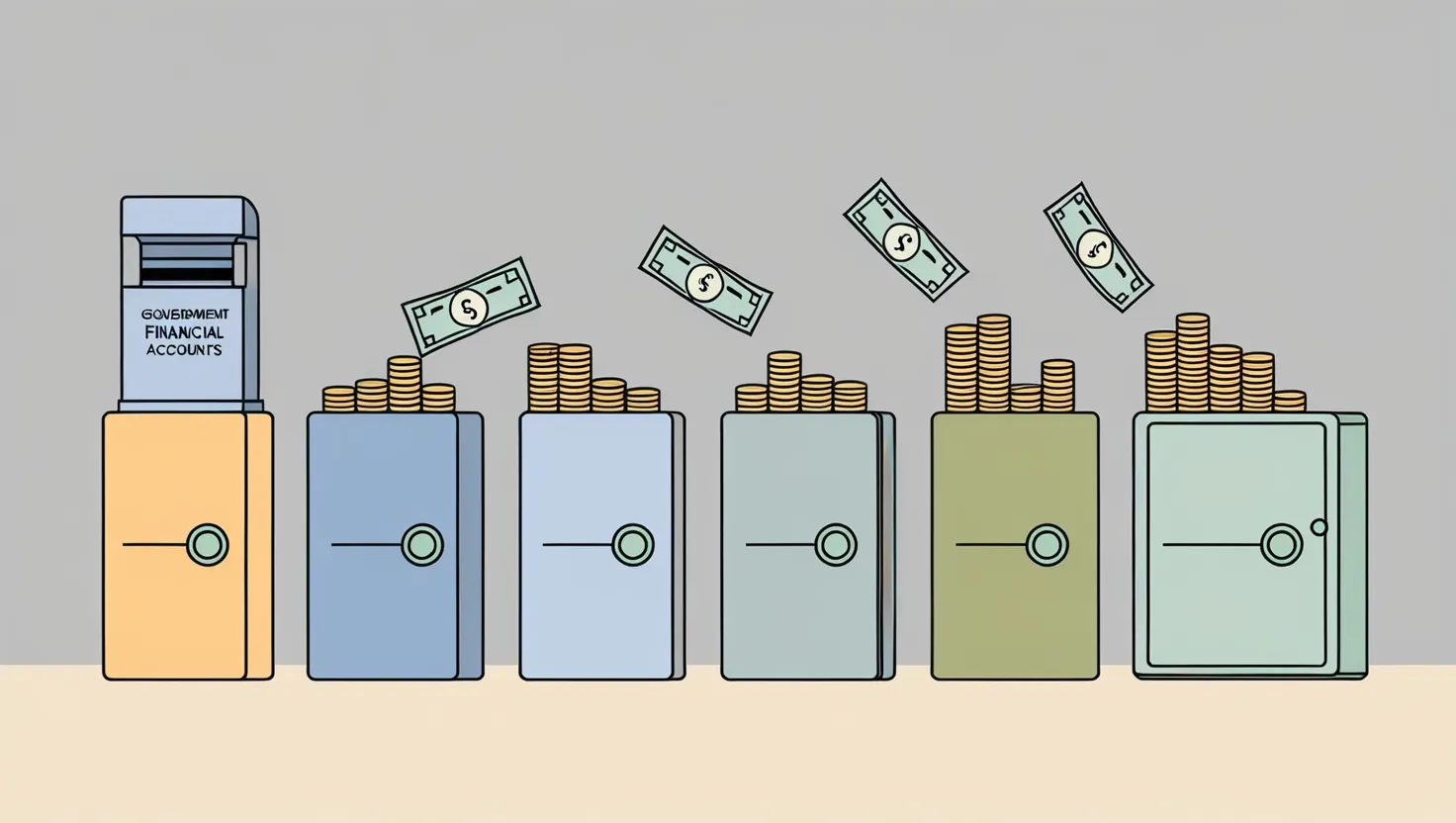When it comes to credit scores, there’s a lot more at play than just making timely payments and keeping your debt low. While these are crucial, the intricacies of how credit scores are calculated and the impact of small mistakes can be startling. Here’s a deeper dive into the often-overlooked aspects of credit scores and how they can cost you thousands.
The Multi-Faceted Nature of Credit Scores
Your credit score isn’t determined by a single factor; it’s a complex blend of several elements. The FICO credit score model, which is the most widely used, considers five key categories: payment history, amounts owed, length of credit history, new credit, and credit mix. Each of these categories carries a different weight, with payment history making up 35% of your score and amounts owed accounting for 30%.
For instance, if you’ve always made your payments on time but have a high credit utilization ratio (the amount you owe compared to your available credit), your score could still suffer. This is because lenders want to see that you can manage your debt responsibly without overextending yourself.
The Impact of Small Mistakes
A single late payment can have a significant impact on your credit score, especially if you have a good credit history. Late payments can drop your score faster than it takes to build it back up. For example, if you’ve never missed a payment and have a score of 800, one missed payment could easily drop your score by 50-100 points. This is because the credit scoring models penalize recent mistakes more severely than older ones.
Credit Utilization: A Delicate Balance
Credit utilization is another critical factor that can either boost or sink your credit score. It’s the ratio of your outstanding debt to your available credit limit. While it might seem logical to keep this ratio as low as possible, the system can be counterintuitive. If you pay off all your debts and close your accounts, you might actually see your credit score drop. This is because closing accounts reduces your available credit, which can increase your utilization ratio if you still have other debts.
Imagine paying off your car loan and student loan, feeling relieved and expecting your credit score to soar. Instead, you find out that your score has dropped because those accounts were closed, and now you don’t have enough active credit lines. This catch-22 can be frustrating and costly, as it may affect your ability to get new credit or loans.
The Myth of Joint Credit Scores
Getting married doesn’t mean you’ll share a credit score with your spouse, but it can still impact your financial life. If you open joint credit accounts, such as a joint credit card or a home loan, both of your credit histories will be considered. This means if one of you has bad credit, it could affect your joint applications and interest rates. For example, if you’re applying for a home loan and your spouse has a lower credit score, the lender might offer you a higher interest rate or even reject your application.
Credit Scores and Employment
Some employers, especially in the financial services industry or the military, may check your credit history as part of the hiring process. However, they don’t have access to your actual credit score. Instead, they look at your credit report to gauge your financial responsibility. This can be a double-edged sword; a good credit history can make you a more attractive candidate, but a poor one could hurt your chances of getting hired.
The Trap of Credit Invisibility
Not having a credit score at all can be just as problematic as having a bad one. Approximately 28 million Americans are “credit invisible,” meaning they have no credit history with any credit scoring companies. This lack of information makes it difficult for lenders to assess their creditworthiness, often leading to rejected loan applications. For those just starting out or rebuilding their credit, this can be a significant hurdle.
The Plateau Effect
Once you’ve established a good credit score, it can be challenging to improve it further. Credit scores often plateau around the 700-750 range, even if you continue making all your payments on time and managing your debt well. This is because the scoring models reward consistent behavior but don’t continue to significantly increase your score once you’ve reached a certain threshold. For instance, if you’ve had a credit score of 750 for years and continue to make perfect payments, your score might not go much higher than that.
The Importance of Credit Mix
Having a diverse mix of credit types can positively impact your score. This includes credit cards, auto loans, mortgages, and other types of credit. The idea is that managing different types of credit responsibly shows lenders you can handle various financial obligations. However, this doesn’t mean you should take on unnecessary debt; it’s about demonstrating your ability to manage different credit products effectively.
The Fear of Checking Your Credit
Many people avoid checking their credit reports because they’re afraid of what they might find or believe that checking will lower their score. However, this is a myth; checking your credit report does not affect your score. In fact, it’s crucial to regularly review your report to ensure there are no errors or negative marks that could be hurting your score. For example, if you find an incorrect late payment on your report, disputing it could significantly improve your score.
The COVID-19 Impact
The COVID-19 pandemic highlighted the fragility of many people’s financial situations. With job losses and economic instability, many individuals missed credit card payments due to financial necessity. This led to a drop in credit scores for many, especially those who had previously maintained good credit histories. The pandemic served as a stark reminder of how quickly financial circumstances can change and how important it is to stay on top of your credit.
The Misconception About Income and Demographics
Credit scores do not consider your income or demographic information such as race, origin, or profession. What matters is how you manage your debt and credit. However, lenders might consider your income in relation to the amount of debt you owe when deciding whether to approve a loan. This distinction is important because it means that your credit score is based solely on your financial behavior, not on who you are or how much you earn.
The Catch-22 of Paying Off Debt
Paying off your debts is generally a good thing, but it can sometimes have an unexpected impact on your credit score. When you pay off a loan and close the account, you lose the positive history associated with that account. This can reduce the average age of your credit accounts and lower your credit score temporarily. For instance, if you pay off your car loan and close the account, your credit score might drop initially because the positive payment history on that loan is no longer being considered.
The Real Cost of Bad Credit
Having a bad credit score can cost you thousands in the long run. Higher interest rates on loans and credit cards, higher deposits for utilities, and even higher insurance premiums are all potential consequences. For example, if you’re buying a home with a credit score of 600 instead of 750, you might end up paying thousands more in interest over the life of the loan. This makes it crucial to maintain good credit habits and address any issues promptly.
In conclusion, credit scores are more than just a number; they reflect your financial health and responsibility. Small mistakes, misunderstandings about how scores are calculated, and unexpected changes in your credit profile can all have significant financial implications. By understanding these nuances and managing your credit wisely, you can avoid costly pitfalls and ensure your financial future remains bright.






